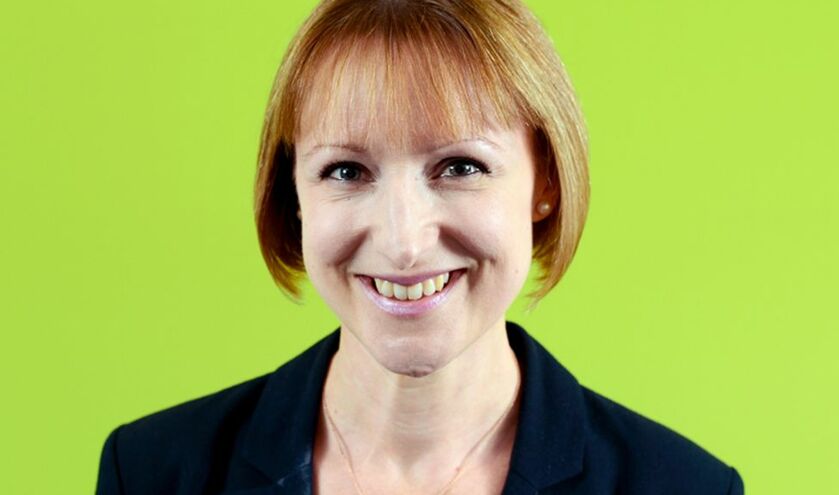Partners in General Practice continue to face huge challenges in respect of the growing demands on their surgeries.
Escalating operational costs - especially staffing costs - the need for expansion to meet patient needs and the imperative for modernisation and technological upgrades, all compounded by shrinking NHS funding, are sparking urgent discussions about the financial future of practices.
Securing adequate funding is essential to support cash flow management and enable long-term investment in the sustainability and growth of surgeries.
In respect of day-to-day cashflow, it is normal for the partners to have money invested in the business. This investment will normally be based on the amount of cash tied up in the fixtures, fittings and equipment that a partner has bought into. It may also be used for rolling stock and to contribute to the amount of cash needed to ensure the bills and staff can be paid - despite delays in funding coming through for services delivered.
It is also common for new partners to have to take out personal loans to raise the cash for this investment, but the loan interest on this does qualify for tax relief.
From a practice perspective, there are times where cashflow dips may be experienced, so it is essential that the practice prepares cashflow forecasts to enable them to plan in a timely manner and avoid unauthorised overdrafts or short-term loan charges where possible. Although these will attract tax relief for the partners, they can be costly in the first place.
At Duncan & Toplis, we have examples of practices being temporarily supported by ICBs with an interest-free advance payment and agreed repayment terms. These examples were in cases where the cashflow problem has been caused by issues out of the practices' control.
Another way of sourcing sensibly priced temporary support could be asking all or some partners to invest some more cash. If necessary, a sensible interest rate could be agreed.
As well as funding to support day-to-day activities, practices may see periods of heavier investment in assets such as property, property extensions, fixtures, fittings and medical equipment.
The first thing to consider is if there are any grants or Government funding available. In respect of property, it may be that Section 106 money is available from the local council. Your tax advisor should carefully review how this money is allocated against the spend to ensure maximum tax relief on the project.
You may also be eligible for grant funding from the NHS. Previously restricted to a maximum of 66% for qualifying expenditure on approved projects, The National Health Service (General Medical Services Premises Costs) Directions 2024 came into force in May 2024 and now offer grants of up to 100%.
However, these grants come with restrictions on future use of the premises, as well as rent abatements for set periods. Therefore, it is essential to understand the impact of these on your practice finances and to make sure you have an accountant who understands them, to ensure fairness on partners leaving or joining as property owners. We have witnessed instances of the grant being incorrectly treated and that can be costly to individuals.
Some practices are still tied into old mortgages with very high fixed interest charges and high break charges. As with any mortgages or loans, it is good practice to review the terms and rates regularly to check that you are on the best deal. This also includes considering if paying the higher break charges will benefit you in the longer term.
There is various funding available to support asset purchases including:
- patient donations/gifts/bequests
- HP agreements – for tax purposes the asset is treated as owned (and therefore the appropriate tax allowances claimed) when the asset is available for use
- loans – there are various types of loan and repayment structures, and interest on loans will be tax allowable (providing no part is deemed to be supporting excess drawings)
- leases – the tax treatment will depend on the type of lease, so do give your adviser a copy.
One key consideration for partner vehicle purchases is the use of PCP (Personal Contract Purchase). The final balloon payment dictates tax treatment, so it is essential to consult your tax adviser. With the introduction of favourable tax allowances for electric cars, many partners have timed their purchases to coincide with higher profit years. This strategy works well if the vehicle is purchased outright or financed in a way where it is considered your asset from the start. However, be cautious when using PCP, as it can have different tax implications.
Repaying loans and finance can be a significant financial burden on the already stretched cashflow of a GP practice. It is crucial to avoid over-borrowing and forecast the impact of loan repayments on the practice's finances.
When considering financing, it is essential for the practice or partner to understand their impact on the practice and thoroughly compare available products, to ensure the terms align with their objectives and that repayments remain manageable in the long term.
Kay Botley is head of healthcare at Duncan & Toplis and nominated specialist at the Association of Independent Specialist Medical Accountants



